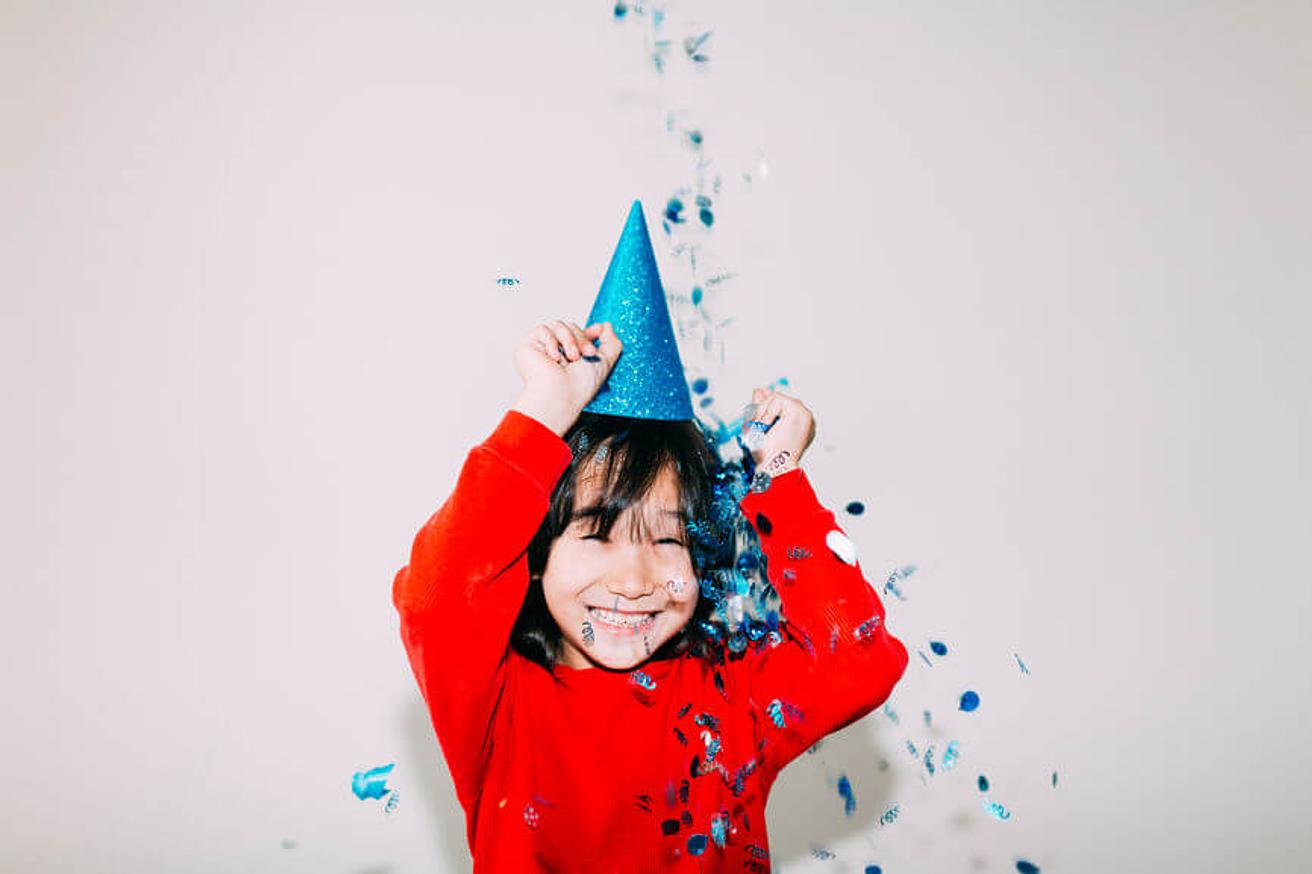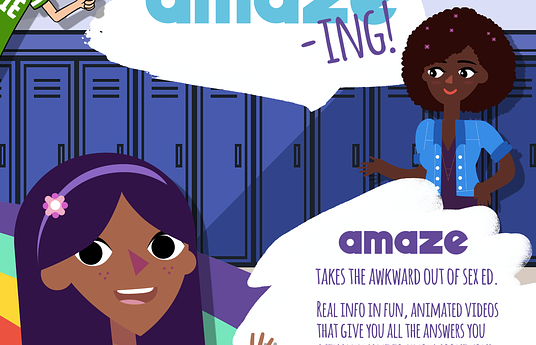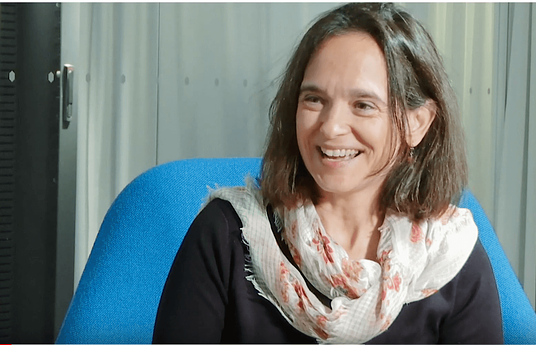October 11 marks the International Day of the Girl, a day to celebrate girls worldwide, bring attention to some of the unique needs and challenges that girls face, and recommit to gender equality and the fulfillment of girls’ human rights.
At AMAZE.org, an initiative that provides very young adolescents with medically accurate, age-appropriate, and honest sexuality education that is grounded in gender equality, educating and empowering girls is central to our mission. As someone who has worked with young people and youth-serving organizations in the global south to make access to sexual and reproductive health information and services more of a reality, I am proud to be a part of this initiative that brings sexuality education to young people through online, short, animated films.
Quality sexuality education is crucial to helping girls reach their full potential. While there are many factors that impact girls’ sexual and reproductive health and rights, there is power in knowing your own body, what parts of your body are called, and how they function. Providing age-appropriate information for young children, such as learning the correct names for genitals, has been proven to help children recognize and report sexual abuse.
There is power in knowing what menstruation is, when it might start, why it happens, and how to manage it. Too many girls still grow up without being told what a period is, only to discover it upon bleeding for the first time, along with a great sense of fear and shame of not only menstruation, but ultimately of being a girl. Understanding what menstruation is and options for menstrual hygiene management are important for girls’ self-esteem, their participation, normalizing menstruation, and staying in school.
There is power in knowing about reproduction and how to prevent sexually transmitted infections. Debunking myths about how you can or can’t get pregnant and understanding sexually transmitted infections are key to equipping girls and all adolescents with information that supports their health and well-being. As they grow up, they need to know how to prevent sexually transmitted infections, how to postpone pregnancy until they are ready, and about birth control and prevention options.
There is power in knowing what sexual assault is. AMAZE is leading an important conversation about consent that is missing from too many sexuality education programs. With nine videos on topics like sexual assault, sexual harassment, bullying, and healthy communication about sexuality, AMAZE is helping girls understand their right to bodily autonomy and how to recognize and respond to inappropriate sexual behavior.
And there is also power in knowing that things may not always be great and that there are ways to get help. Sexuality education is holistic and AMAZE seeks to take the real world into account, offering videos on body image, mental health, relationships, and so much more.
We have been lucky to see the impact of AMAZE through reactions to our videos from around the world and the additional questions, personal stories, and feedback that young people have shared with us.
We greatly value girls’ participation in AMAZE through our AMAZE Ambassadors program, a team of adolescents who contribute content and ideas to AMAZE, and as young animators themselves.
Wise on the Web, a piece produced by a young animator about staying safe online:
AMAZE videos are available around the world in English and with many dubbed or adapted in Spanish, Korean, Japanese, Afrikaans, and Xhosa, in addition to some videos with subtitles available in Hindi, Urdu, Arabic, French, Portuguese, Russian, Swahili, Vietnamese, Japanese, and Korean. Many AMAZE videos are linked to sexuality education lesson plans from Rights, Respect, Responsiblity, a free, online sexuality education curricula available in English and Spanish that can be used as a whole or to supplement an existing program.
Granted, for girls’ sexual and reproductive health and rights to be realized, others also need to step up. AMAZE provides teachers and parents with tools and resources too, recognizing that girls don’t live in a vacuum and others must also engage and contribute to an enabling environment in which girls can live free freely and stay healthy. And many young people, organizations, and stakeholders are working to advance girls’ health and rights around the world, including fellow HundrEd innovations, such as Betty for schools in the UK, which provides menstruation education to girls and the Panal Foundation in Chile, which supports youth advocates in their efforts to ensure sexuality education for students.
On this International Day of the Girl, let’s celebrate girls around the world and commit to working with them and together to ensure that girls have the information, services, and environments in which to lead and thrive.

To know more about AMAZE.org, check out their innovation page.


